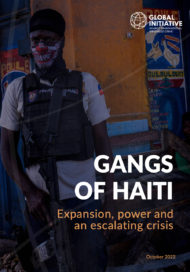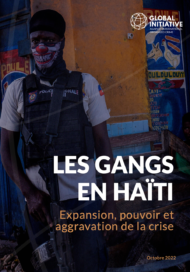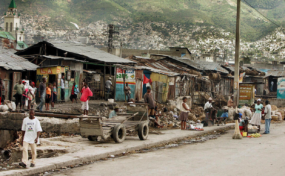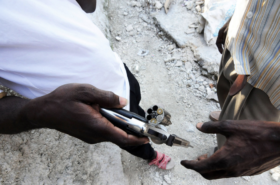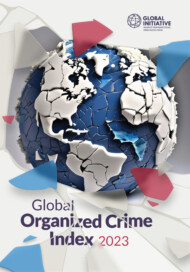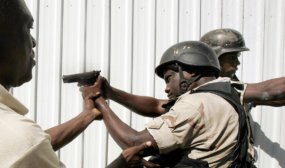Posted on 17 Oct 2022
The growth of gang violence in Haiti has been a major concern in recent years. Years of political dysfunction in the Caribbean country have combined with deteriorating economic conditions, the COVID-19 pandemic and natural disasters, to create a weakening of state power. Under these conditions, gangs have multiplied, joined up forces and asserted authority in an increasingly destructive manner.
In the last five years, gangs have grown rapidly in number, expanding their territories and tightening their control over Haiti’s political and economic infrastructure. They have established themselves as the mercenary partners of politicians and state administrators, as mafia-style armed groups profiting from the private sector and as the local coordinators of international criminal networks.
There are now an estimated 200 gangs operating across Haiti, and around 95 in the capital, Port-au-Prince, alone. This has resulted in a major insecurity crisis, with large-scale attacks on communities, politicians and journalists, high levels of violence, mass kidnappings and large-scale forced displacements.
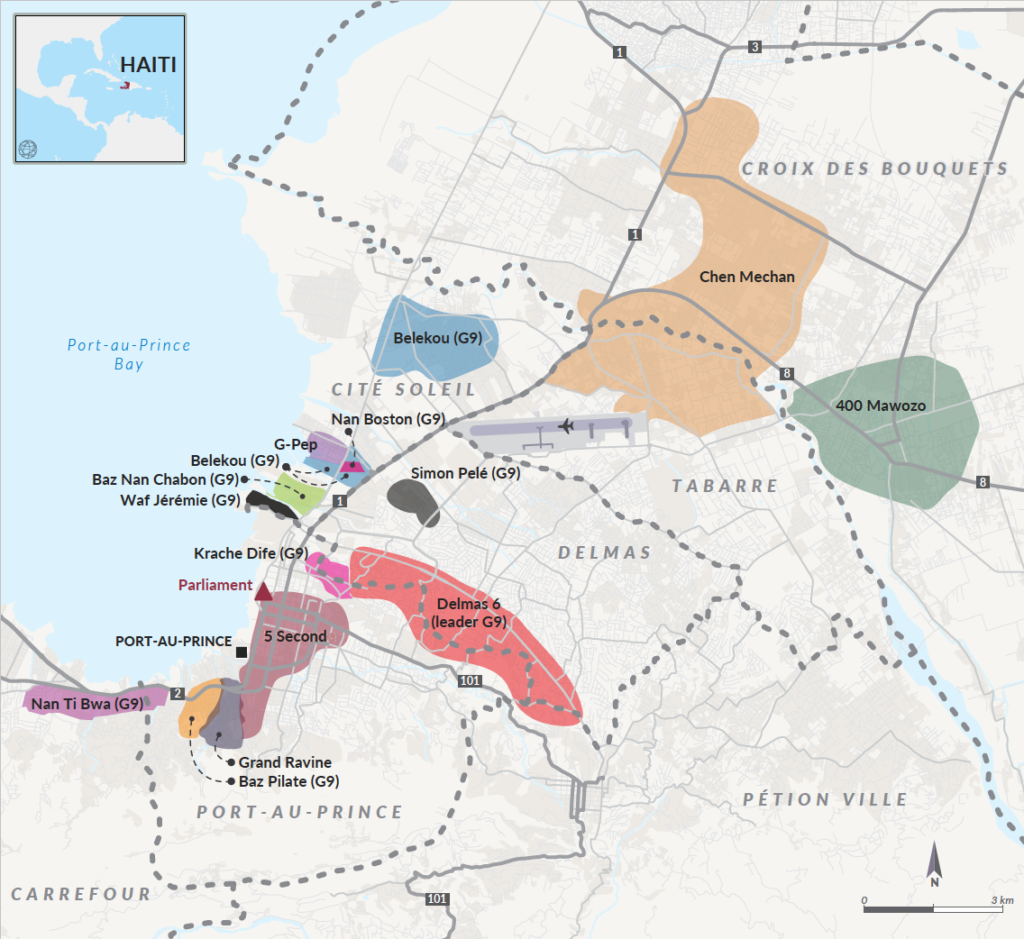
This report assesses the current situation of the gang threat in Haiti, looking specifically at the relationships between organized crime and politics. It addresses the historical relationship between politics, armed groups and gangs, and the political economy of gangs in the present day. It does not seek to assess the international response, but rather contribute to our understanding of the political economy of gangs in Haiti.
The report summarizes several of the main gangs and coalitions in Port-au-Prince, including a map indicating their estimated territorial control. The eyewitness accounts of people living in gang-afflicted areas provide a first-hand impression of how gang violence and gang control have impacted the lives of communities living in Haiti’s ganglands.
